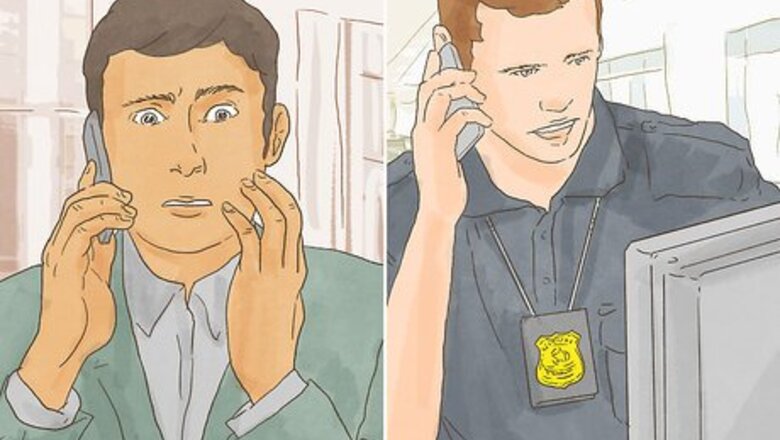
views
Getting Help
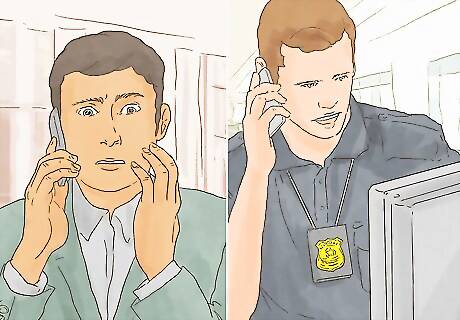
Call the police immediately. Use your cell phone to call emergency services. If you don’t have a cell phone, walk into an establishment, tell them you’re being followed, and ask if you can use their phone to call the police. If they won’t let you use the phone, ask them to call for you. Tell the police someone is following you and you are scared for your life. Give them as much information as you can about the person following you. Let them know exactly where you are. Follow their directions.
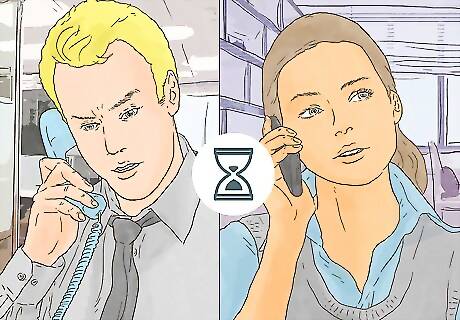
Contact friends. Call or text friends who may be nearby. Plan to meet with a group of them as soon as you can. By being in a group, you may deter the person that is following you from continuing to do so. In addition, your friends will make you feel safe and could help defend you. Ask your friends to meet you in a public area, like on the street, in a bar, or in a restaurant. Request that a friend picks you up in a public location as soon as possible.
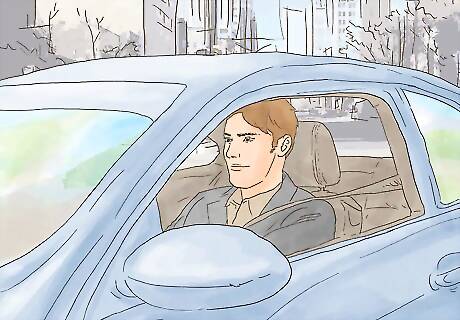
Yell or honk your horn. If you feel immediately threatened, yell or honk your horn. This will draw attention to you. By honking or simply yelling “help me,” you could both scare off the offender and get someone to come to your assistance. If you’re in a car, consider honking and turning on your emergency lights. This will alert passersby and emergency service personnel that you need assistance. Remember that while making noise could alert others to the fact that you are in danger, it could also anger the person following you and cause them to hurt you.
Getting Away

Stay calm. Breathe deeply and avoid panicking. Tell yourself that you need to think rationally to safely get out of your situation. If you must, count slowly to 10 in your head. Panicking may result in you making rash decisions that could get you hurt.

Don’t go home. Whatever you do, don’t go home if you suspect someone is following you. The person could use that opportunity to corner you while you’re trying to get into your home. In addition, they might come back later and try to break in. Ultimately, don’t go home until you’re completely sure that they’re no longer following you. Go to a public place instead of going home.

Cross the street or turn. Use the first safe opportunity to cross the street or turn. Doing this will make it harder for the person to follow you. Ultimately, you might get lucky and lose them around a building, in a crowd, or behind other cars. If you don’t get away, take another turn. Do this until you think you’ve lost them.
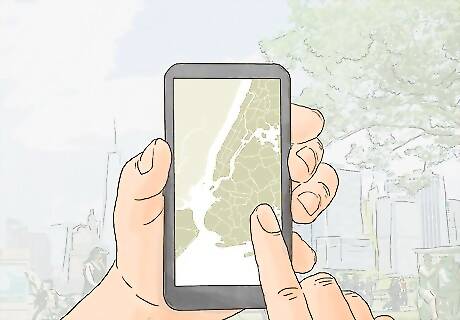
Stop frequently at unexpected places. If crossing streets and turning doesn’t lose the person, you might be able to lose the person by stopping several times at places the person wouldn’t expect you to stop. Avoid the route you’d normally take home and make your trip home as complicated as possible. Stop to get a cup of coffee or a soft drink somewhere. Visit a friend who is working. Run an errand at a major retail store.

Go to an area with a lot of people. By driving or walking in an area with a lot of people, you may be able to lose the person. In addition, the person may be less likely to hurt or rob you in front of other people. Focus on streets with lots of pedestrian or car traffic. Consider walking into a food court, major retail store, or some sort of entertainment event.
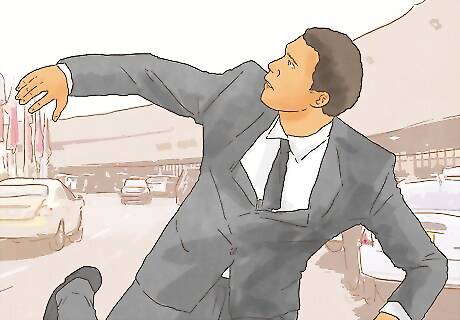
Run or drive away quickly. As a last resort, you may want to run or drive away quickly. By moving fast, you might succeed in losing them and getting away where you’ve previously failed. When planning your getaway: Don’t box yourself in traffic. For example, at a stop light don’t pull all the way up so your bumper is close to the car in front of you. Leave yourself room to drive around the car in front of you. Avoid walking down any corridors, alleyways, or streets where there are only one or two ways in or out. The more open the street, the easier it will be for you to get to safety.
Protecting Yourself in a Physical Encounter
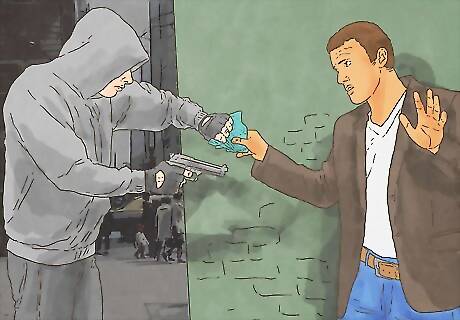
Give them your money and/or valuables. If your efforts to avoid them fail and they physically get ahold of you, you should seriously consider giving them your money or valuables so they don’t hurt you. The best-case scenario is that they just wanted to rob you and not hurt you. There is no good reason to put yourself in danger for some money or a piece of jewelry.
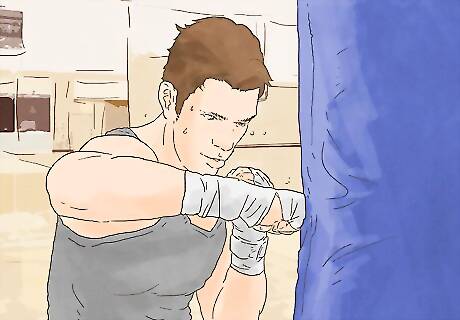
Learn self-defense. Sign up with for a self-defense class. In these classes, instructors will teach you ways to defend yourself against attackers. Then, after learning self-defense, you’ll be able to make a choice as to whether you want to defend yourself or relinquish your valuables to an attacker. Some common moves include kicking the assailant in the groin, striking them in the face with your open hand, or block their attack with your arm and then hit them back. Remember, physically defending yourself could increase the chance that you are injured during a robbery or another type of assault.
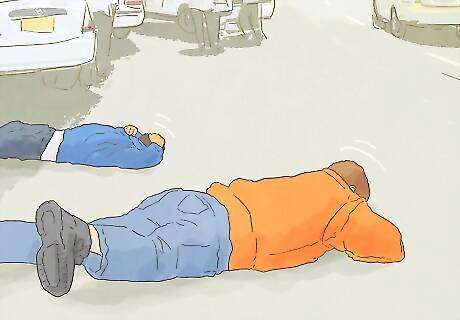
Cooperate with them. Listen to what they say instead of talking. Do what the person instructs you to do. This is especially true if the person is threatening you with a weapon like a knife or a gun. In many cases, cooperating will reduce the chances that the person hurts you. Don’t grab for the person’s weapon if they have one. Try to be deferential and don’t give them attitude.

















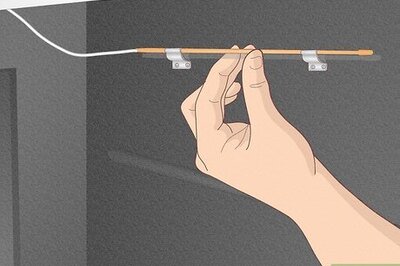


Comments
0 comment